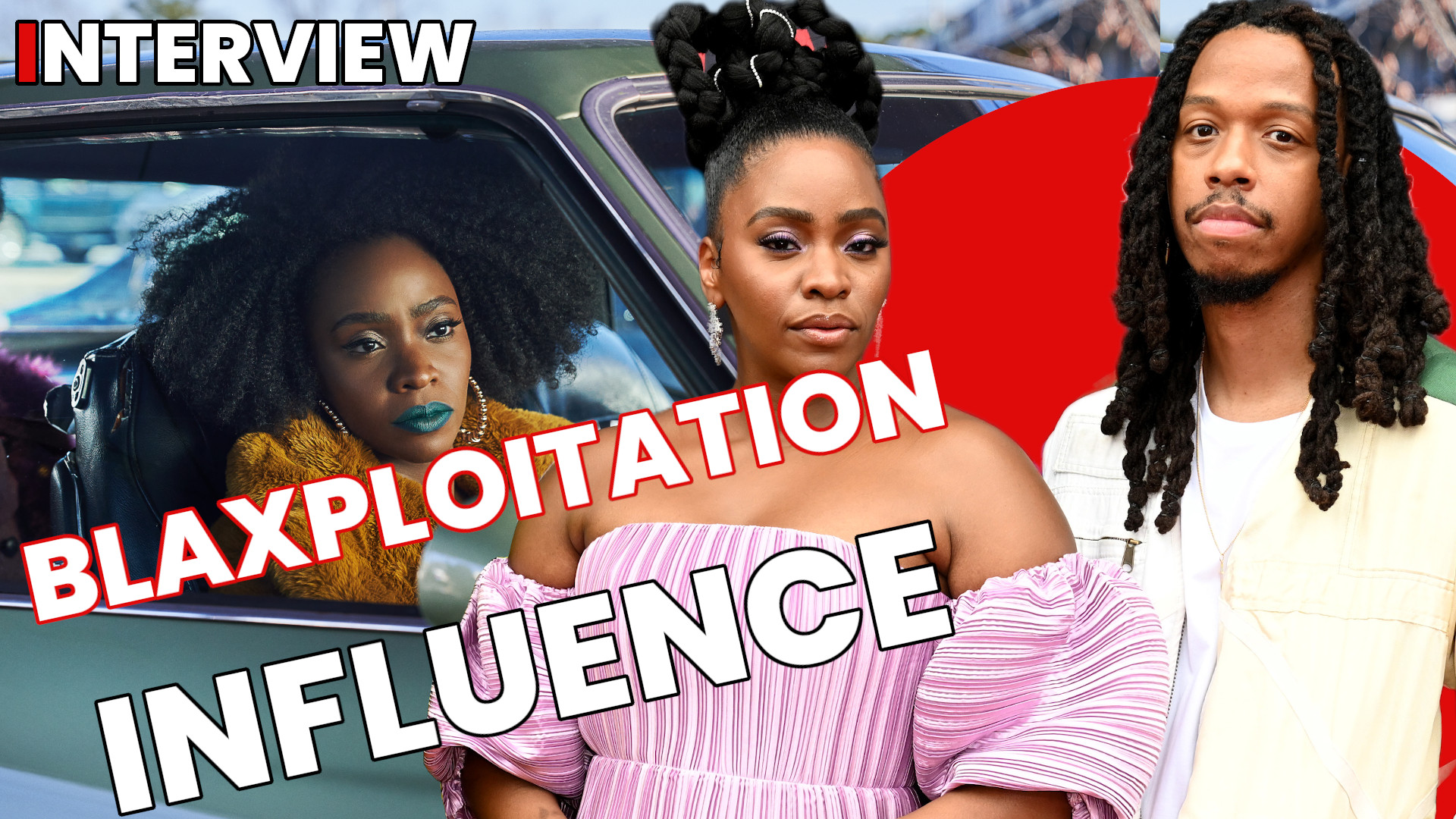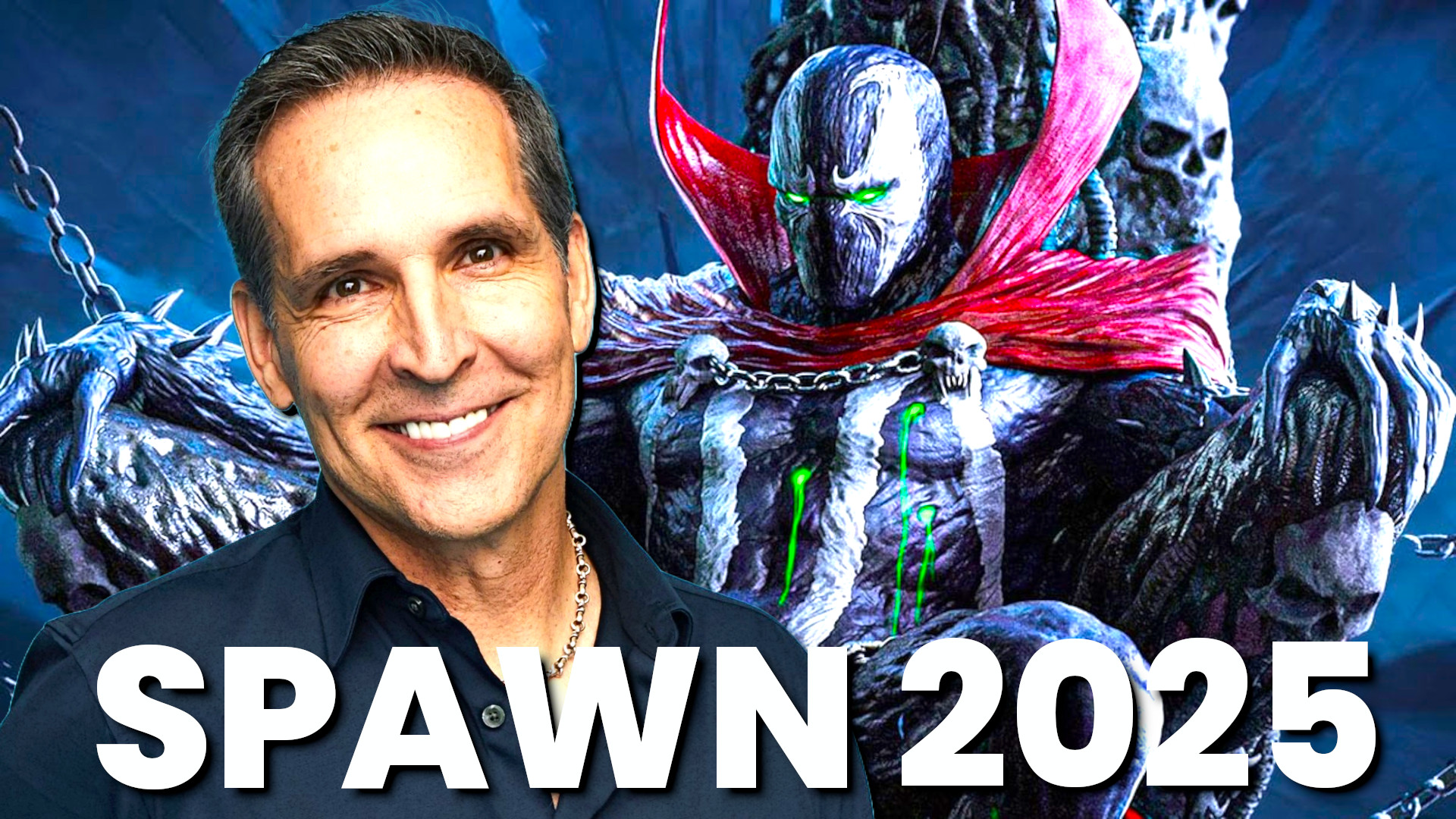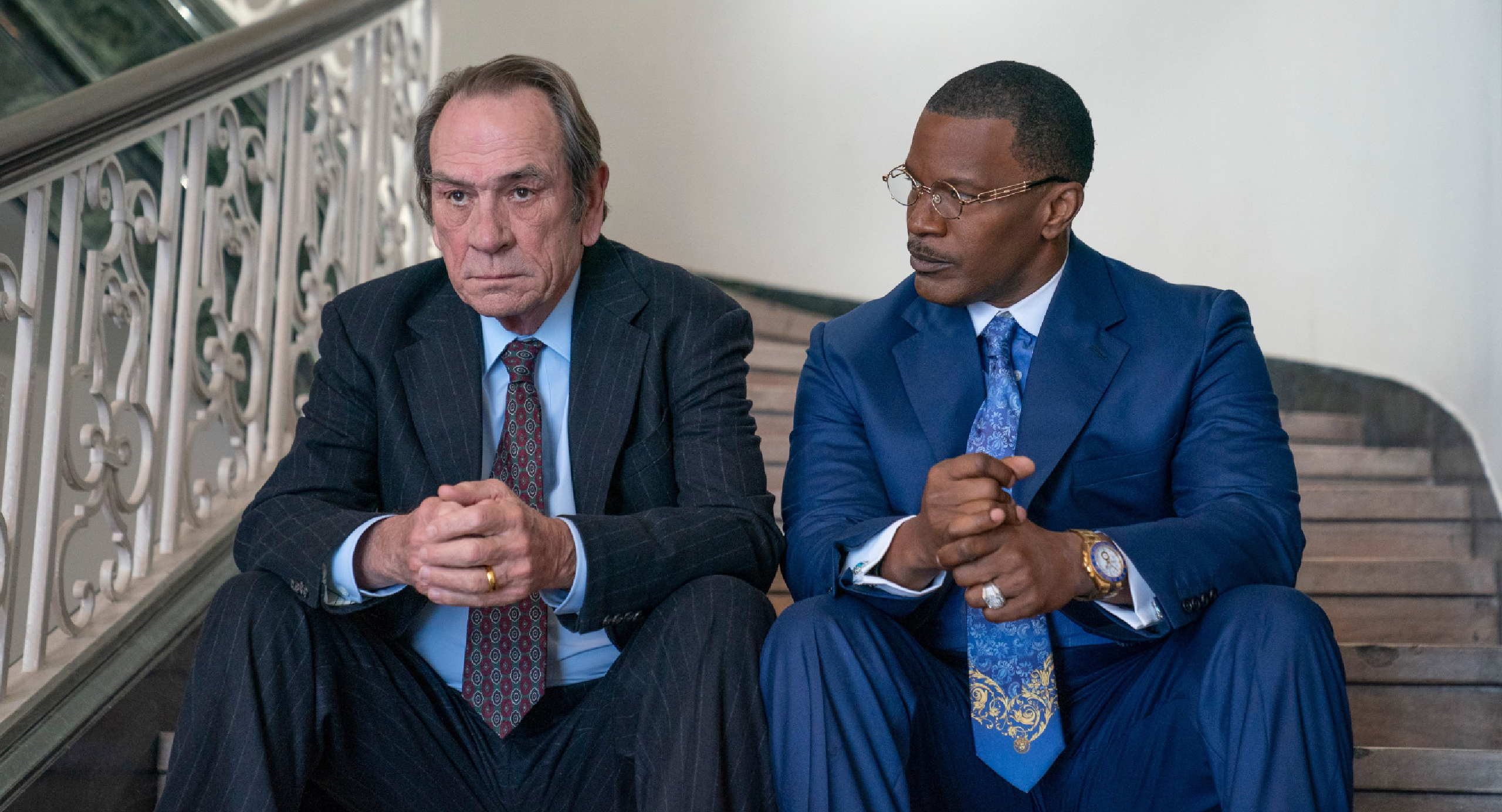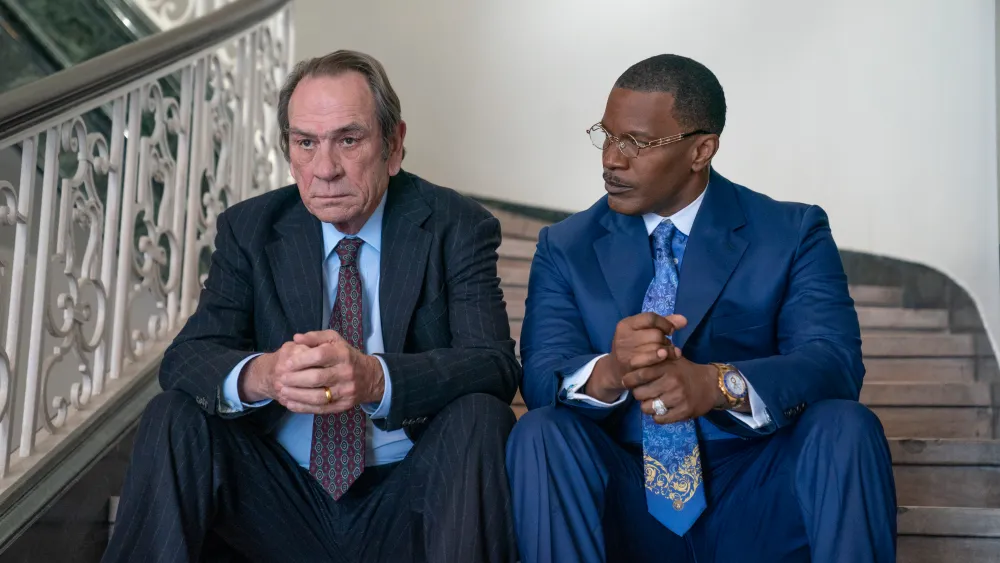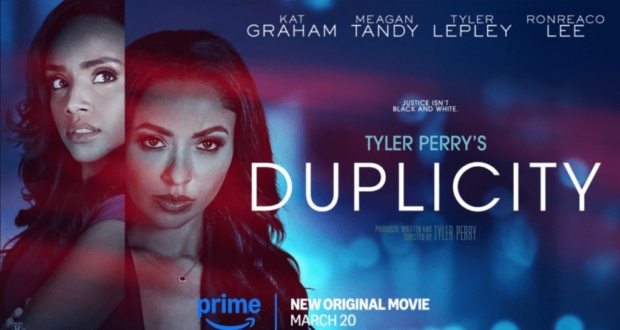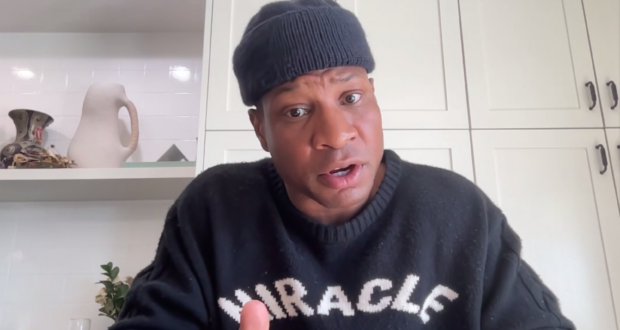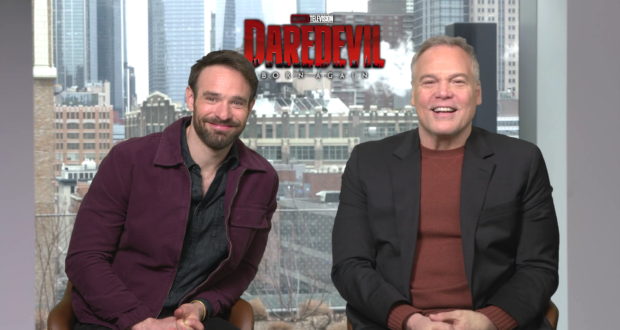Check out the fascinating world of cloning and its influence on the highly anticipated film, ‘They Cloned Tyrone,’ in this exclusive interview with director Juel Taylor and actress Teyonah Parris. Gain insights into the thought-provoking concept behind the movie as Taylor explains the inspiration that led to exploring cloning and its connection to responsibility. Explore how the film pays homage to the iconic black exploitation films of the 1970s while infusing a fresh and contemporary twist. Learn firsthand from Parris about her captivating character and what drew her to the role. Join us as we delve into the creative process, genre-bending approach, and the seamless blending of high-concept storytelling in this must-read interview. Prepare to be enthralled by the secrets and surprises revealed behind the scenes of ‘They Cloned Tyrone.
Hi. Thank you both so much. I’m so very excited to speak to you. We’re going to have some fun. So my first question is for Juel. What inspired you to explore the concept of Cloning in They Cloned Tyrone.
JT: The Cloning, specifically? I think that came relatively early, honestly, in terms of the once we it started from this thematic question of, like, is there a difference between blame or responsibility? And kind of as we explored that question, explored Fontaine’s character. When you’re extrapolating to the Craziest scenario, it didn’t take long to get to Cloning. I don’t want to where it goes. At the end, I saw the whole thing oh, yeah. Without spoiler. Where it goes at the end, we kind of work backwards from, like, if a guy’s having a literal identity crisis, like, you know. So hard to talk about these things without, like, polarizing person having a literal identity crisis and knowing the ending of the movie and kind of how it ultimately plays out. You’re working backwards from like, what’s the craziest thing that we could think about that would really put those polarities of who he is into conflict with one another? And if you think about where it goes, cloning kind of naturally starts to be an offshoot of that. No, that’s probably not a satisfactory answer without seeing the movie cuts. I love it.
Well, I felt like the movie pays homage to a lot of the black exploitation films of the 70s. Can you share how these films influenced your vision for this project? And how did you incorporate their essence while still making the film feel fresh and contemporary?
JT: I think really, obviously, there’s the aesthetics. The aesthetics are kind of self-explanatory. But at the same time, I think there’s also this quality of just, like, getting it out the mud that I really think is more like kind of in the ethos of our approach, if that makes sense. Because a lot of times, I don’t know if you’ve seen like blaxploitation films, you look like, you know, some of these movies had no budget, zero budget. But, you know, like but it they still, like, tackle high concepts, you know what I’m saying? A lot of times really made something out of nothing. I think that’s really where a lot of the inspiration nation came from, of like, when we set out, we were not as fortunate to know we had we’re going to have, like, amazing actors. We didn’t know what we would have. You know what I’m saying? We were like, we’d be lucky. Want to make it at all. So you’re attacking this with this idea? You still have this film school mindset of, like, we got to get the mud. You still want to do something that feels high concept?
Now, Teyonah, I got questions for you too, now I’m here. I like hearing what he has to say. I’ve heard. Can you tell us about your character in the movie and what initially drew you to the role?
TP: Yes. Well, I read this script back in 2018. It’s been a while. And immediately when I read it, I was like, oh, my gosh, I want to be a part of this. And so I auditioned and I met you well, and the whole team and basically was like, look, you all going to harm me with it back down. Yes. Well, I read this script back in 2018. It’s been a while. And immediately when I read it, I was like, oh, my gosh, I want to be a part of this. And so I auditioned and I met you well, and the whole team and basically was like, look, you all going to harm me with it back down. And so really, I fought for it for a couple of years. Really, it just takes a while to get a movie on its feet and all the moving parts. And so I really just wanted to be a part of it. I loved how we were mixing all of these genres. We throw them up, and because of that, because we were creating our own world, there just were no boundaries. And so for that, I relied heavily on Jewel to help me find the tone for Yoyo because she is a very vivacious character and does too much often.
